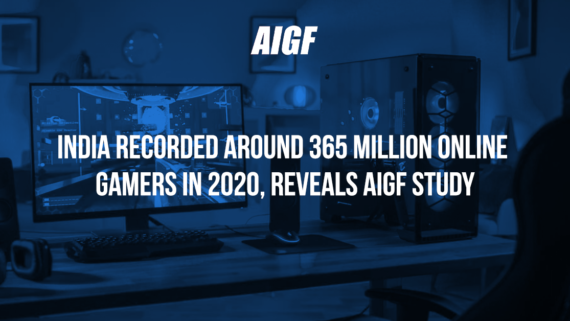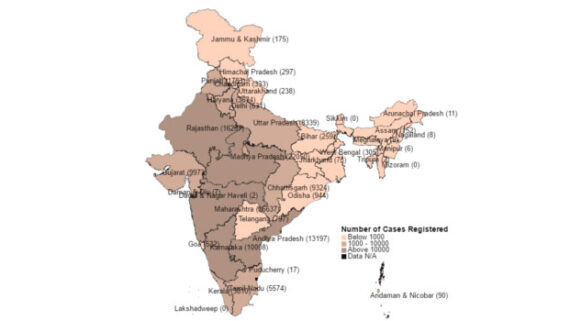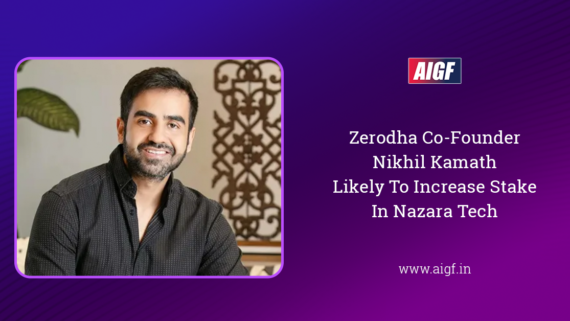Govt losing revenues big time by not regulating real money gaming market, say startups
“It is high time that the governing bodies such as the All India Gaming Federation (AIGF) be invited to discuss these aspects at length to regulate the real money gaming space. The government is only losing revenue by not regulating the industry. People can play by going to the offshore casinos or the ones in other countries, thereby taking the tax revenues that the government could earn, out of the country,” Rohan Parulekar, Co-founder, PokerNXT told Financial Express Online.
Importantly, betting and gambling have been the state subjects, thus, allowing the state governments to enact their own laws for the same. Also, there is no law specifically addressing the online versions of betting and gambling. Regions including Goa, Sikkim, Daman, and Nagaland had legalized gambling while in many other states it remains illegal for not essentially being a complete skill-based game-the sore point in deciding whether poker is legal or not. However, Section 12 of the PGA act states that the restrictions to gambling activities shall not apply to any game of mere skill, according to Parulekar.
The industry body AIGF, which was formed in 2016, has argued that “differing state interpretations of online skill games make it difficult to build scale for businesses. Since its inception, AIGF has been at the forefront, working with relevant policymakers to demonstrate the skill aspect of the game and also economic benefits that accrue from the online skill gaming industry,” Roland Landers, CEO, AIGF told Financial Express Online.
The online gaming market in India is likely to grow in revenue from nearly $295 million in 2020 to $531 million by 2025 at a CAGR of 12.5 per cent with a user penetration of 8 per cent in 2020 and 10.2 per cent by 2025, according to Statista. Also, the average revenue per user is likely to be $2.68. This growth much like in other sectors has genesis in booming smartphone sales, more disposable income, and affordable internet at a faster speed. “It (market) has recently witnessed a surge in market players even as more players are making a shift to online poker and rummy. Sports betting also witnesses a seasonal hike in users, that is, when there is a major event like IPL, however, poker and rummy have managed to have players throughout the year,” Nitesh Salvi, Founder and CEO, Pocket52 told Financial Express Online. Particularly during the lockdown, with people staying indoors and having a lot of idle time in hand, “more and more people indulged in online games, especially poker. Most poker websites saw a growth of about 30 to 40 per cent in India,” Pranav Bagai, CEO & CO-Founder, Poker Sports League told Financial Express Online.
Online gaming startups have also seen significant growth during the lockdown. While Pocket52 hired 80 per cent of its employee base during the lockdown period and an average 20 per cent monthly growth in new users, Spartan Poker saw a 35-40 per cent jump in the first three months of the lockdown that began in March this year. “This was largely a result of people looking for new/different avenues of entertainment. It’s settled down now and has looked more like pre-lockdown numbers starting mid-August,” Amin Rozani, Group CEO, Spartan Group that operates Spartan Poker told Financial Express Online. Another player PokerBaazi.com hosted India’s biggest poker tournament so far – the EndBoss- during the lockdown period and received nearly 6000 entries, according to Navkiran Singh, CEO & Founder at Baazi Games that runs PokerBaazi.com.
However, the growth of online gaming players, globally, also means a tremendous amount of user data and information harvested online that might be weaponized to create behavioral profiles and sold to other players to get an edge. According to a recent report by online trade publication for IT professionals-TechRepublic, cybercriminals use stolen data and hacking tools as prizes in poker. Poker tournaments, seemingly, have also gained popularity in cybercrime. For instance, poetry contests and rap battles. “Cybercriminals used the poems submitted to the contest to promote tournaments and prizes. These poems are written with heavy use of forum slang and could feature such phrases as “Teri give socks,” referring to SOCKS proxies; or “Sphere,” which refers to the customized browser Linken Sphere that malicious actors use to mimic legitimate user environments,” according to a Trend Micro blog published last month.
“No doubt there have been instances globally where some unscrupulous operators have tried to use such methods. But in all instances, they have been exposed because players are no fools either. From the latest in fraud detection technologies to employing machine learning and AI, gaming companies will do everything to provide that peace of mind to their players regarding the sanctity of fair play on their platforms,” said Rozani.
When it comes to customer retention and creating stickiness to the platform, the current pattern in the industry is for the latter to design reward systems in a way that subscribers are able to make money through loyalty programs. However, this takes away the retention aspects in its true form since a new entrant can design a better reward system with more money to be won, according to Parulekar. Recreational gamers’ contribution to the gaming ecosystem in comparison to benefits reaped is skewed in favour of the professionals, be it in terms of ease of usage, skill development, or capacity to win the rewards on offer. As a result players like PokerNXT built its business around a blue ocean strategy focussed on unserviced recreational volumes by modeling its retention drivers or rewards frameworks to be achievable by non-pro players.
Singh, on the other hand, claimed PokerBaazi.com’s average monthly retention rate at 34 per cent to one of the best in the industry through formats such as Baazi Rewards-its loyalty programme that allows players to win “extravagant” prizes while sticking to one platform. “These kinds of formats have led to us having a daily active user base of 10,000 players plus, out of which 40 per cent carry out a transaction on the platform” he added.











Comments
Comments are closed.